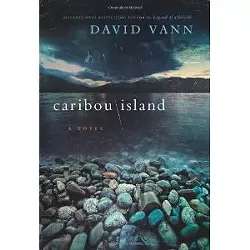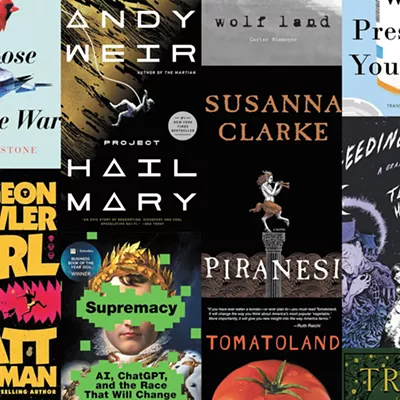Wednesday, January 5, 2011
UPCOMING BOOKS: Slavery, rape and troubled marriages
Crash into Me: A Survivor's Search for Justice, by Liz Seccuro (Bloomsbury, 250 pages, Jan. 4)
At a Charlottesville frat party in 1984, she was drugged and brutally raped. UVa officials brushed her off. (Back in the '80s, there was a lot less sensitivity to the needs of rape victims.) She went through all the panic attacks and depression and flashbacks, even worked as a counselor to rape victims. Then, in 2005, the man who raped her wrote her a letter of apology -- and Seccuro decided to fight back and get him prosecuted.
American Uprising:
The Untold Story of America's Largest Slave Revolt, by Daniel Rasmussen (Harper, 280 pages, Jan. 4)
They wore
military uniforms. They were highly organized. There were 500 of them, back in
1811. And they came from the plantations around New Orleans. They lost, of
course: 100 of them killed, the rebellion crushed. Then there
was a massive cover-up -- because Southern slave owners didn't want word
getting around that the Negroes were capable of fighting back.
Caribou Island, by David Vann (Harper, 300 pages, Jan. 18)
A novel, set in Alaska and
about a disintegrating marriage, in which the landscape looms as large in
the narrative as the characters do. Middle-aged Gary, who didn't make it
in academia, plans to drag his wife Irene off to a remote log cabin for some
self-imposed exile. Their adult daughter, Rhoda, has problems of her own with
her womanzing dentist of a boyfriend. Suicide plays a part here, just as it did
in Vann's Legend of a Suicide,
about his own father's self-inflicted death.
You Know When
the Men Are Gone, by Siobhan
Fallon (Penguin, 240 pages, Jan. 20)
Interconnected stories about wives at Fort Hood, Texas. The sign above the gate
reads, "You've survived the war, now survive the homecoming."
Separate Beds, by Elizabeth Buchan (Viking, 380 pages, Jan. 20)
Set in Britain, this
is a novel about a crumbling middle-class, middle-age marriage — until
the recession, ironically, reunites the couple. Sort of. (Might have
something to do with the son moving back in and Grandma coming to stay. They
also have an estranged daughter — and the son's marriage is falling apart,
too.)













